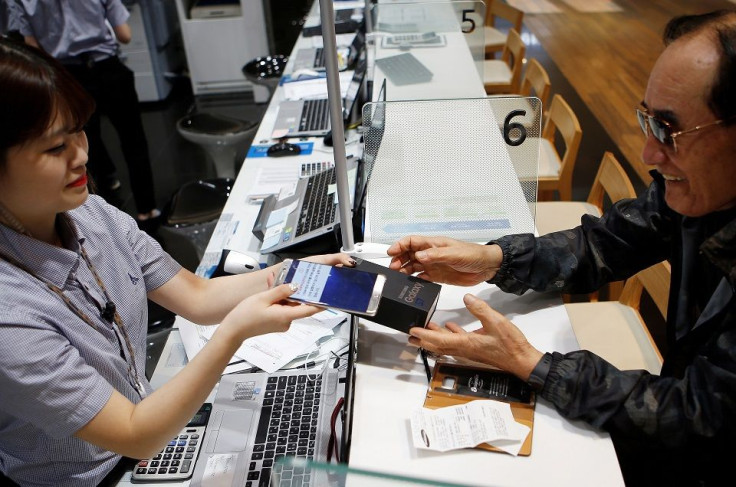Samsung’s financial losses due to halted sale of exploding Galaxy Note 7 could reach $17 billion

Just as the flagship of Samsung Electronics, the Galaxy Note 7, burned a car, hands and clothes of smartphone owners, the recall and halted sale of the device is also expected to burn a deep hole in the finances of the Seoul-based electronic giant. Based on 19 million units that Samsung expects to sell, the company’s financial losses would likely reach a whopping US$17 billion (A$22 billion).
The loss was initially limited to the recall of the 2.5 million Note 7s which Samsung had sold in different countries. The rising number of units with exploding batteries resulted in Samsung’s recall and offer of a replacement unit.
However, when even the replacement units were also bursting unexpectedly, there is a chance that not only would Samsung scrap the Galaxy 7, in a worst-case scenario, US safety regulators could declare the flagship as fundamentally flawed and prohibit the sale of all model, says Song Myunng-sub, HI Investment Securities analyst, Reuters reports.
Analysts previously computed the initial loss on missed sales and recall costs at US$5 billion (A$6.65 billion) which would more than triple to $17 billion if the Note 7 is scrapped totally by Samsung, versus resuming sale of the device during the fourth quarter.
Tech observers believe the better option for Samsung it to permanently halt the sales of the Note 7 which already has a damaged brand name, Charter Equity Research Managing Director Edward Snyder opines. He adds that by the time Samsung fixes the problem, the company would have to undergo recertification and requalification, and when it happens, Samsung would go against the Galaxy S8 launch.
Samsung has not commented on a report by the Hankyoreh newspaper in South Korea on the slim chances of still selling the phone at all.
Beyond the Note 7, the brand damage could possibly extend to other Samsung smartphone models as well, say Nomura analysts in a note, which could result to slashing the profit estimate by up to 85 percent the company’s Q4 mobile division.
Meanwhile, shares of Samsung opened up 1 percent on Thursday. It was the first rebound for the Seoul-based company after three consecutive days of declines due to its decision to permanently end sales of the S7.




















